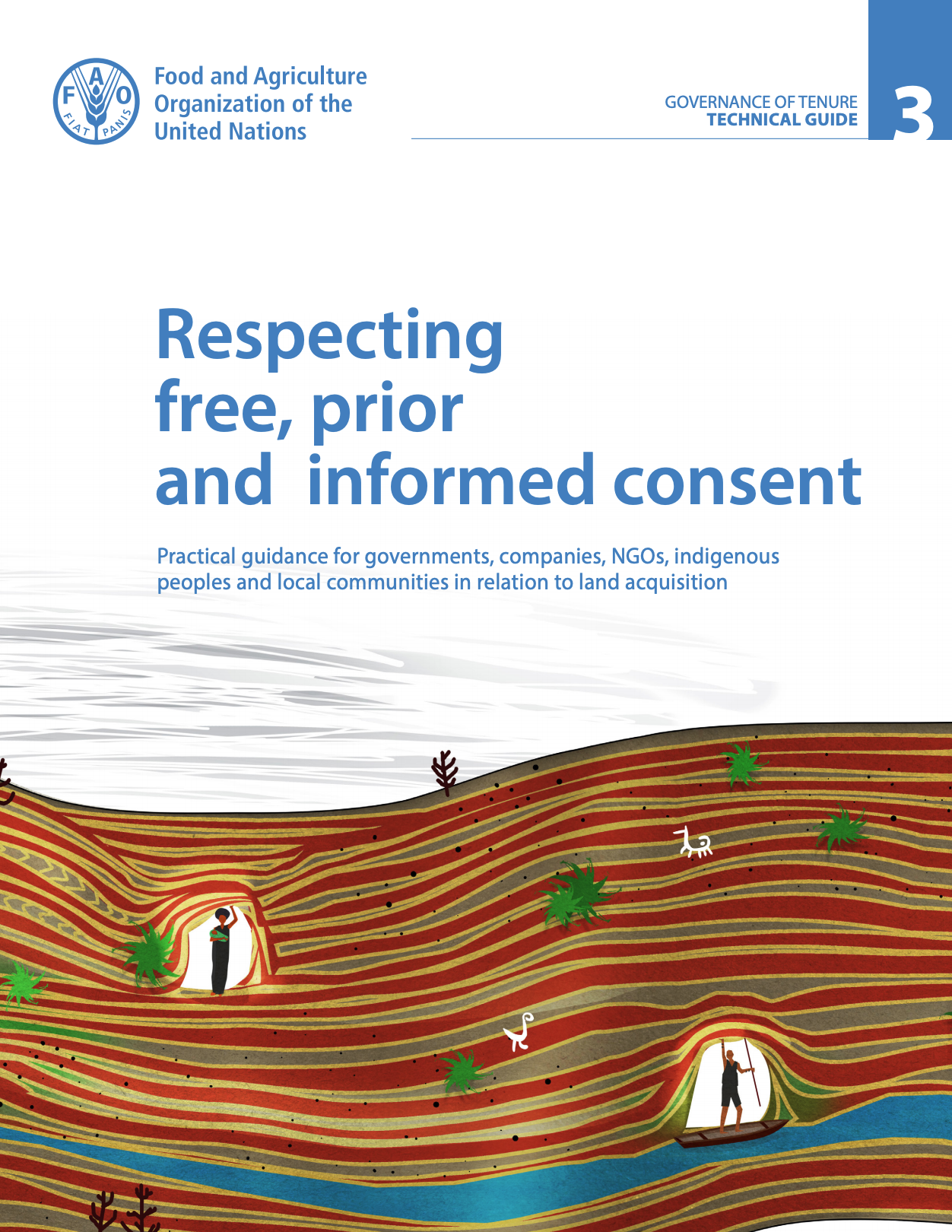Focal point
Location
The Food and Agriculture Organization of the United Nations leads international efforts to defeat hunger. Serving both developed and developing countries, FAO acts as a neutral forum where all nations meet as equals to negotiate agreements and debate policy. FAO is also a source of knowledge and information. We help developing countries and countries in transition modernize and improve agriculture, forestry and fisheries practices and ensure good nutrition for all. Since our founding in 1945, we have focused special attention on developing rural areas, home to 70 percent of the world's poor and hungry people.
Members:
Resources
Displaying 1996 - 2000 of 5074Submission by the European Regional Focal Point for Animal Genetic Resources (ERFP) on Voluntary Codes of Conduct, Guidelines and Best Practices and/or Standards in Relation to Access and Benefit-Sharing for Animal Genetic Resources for Food and Agricu...
Meeting Name: Commission on Genetic Resources for Food and Agriculture. Team of Technical and Legal Experts on Access and Benefit-Sharing
Meeting symbol/code: CGRFA/TTLE-ABS-2/14/Inf.3 Add.1
Session: Sess. 2
Respeto del consentimiento libre, previo e informado
En esta guía técnica sobre el Respeto del consentimiento libre, previo e informado (CLPI) se establecen medidas prácticas para que los organismos gubernamentales respeten y protejan el CLPI y para que las organizaciones de la sociedad civil, los usuarios de la tierra y los inversores privados a nivel mundial cumplan con sus responsabilidades en relación con el CLPI.
Responsible governance of fisheries: a right to food perspective
This Information Brief provides concise and practical information on a crucial governance issue in view of implementing the Voluntary Guidelines on the Responsible Governance of Tenure (VGGT). It offers a right to food perspective on the governance of fisheries. In light of the endorsement of the Voluntary Guidelines on the Responsible Governance of Tenure of Land, Fisheries and Forests in the Context of National Food Security (VGGT), this Information Brief aims to provide concise and practical elements for a responsible governance of tenure.
AQUASTAT - Comprendre AQUASTAT, le système mondial d'information sur l'eau de la FAO
Cette note d’information couvre vingt années de collecte et d’analyse de données sur l’eau et de diusion de ces statis - tiques en tant que bien public international, librement accessible à tous. La principale base de données par pays sur les ressources en eau et leur utilisation – dont la présentation de façon uniforme constitue en soi un dé majeur – sert de plateforme pour l’utilisation et la présentation de plus de 180 variables et indicateurs qui peuvent être recherchés et extraits pour tous les pays et diérentes régions sur une longue période de temps.







